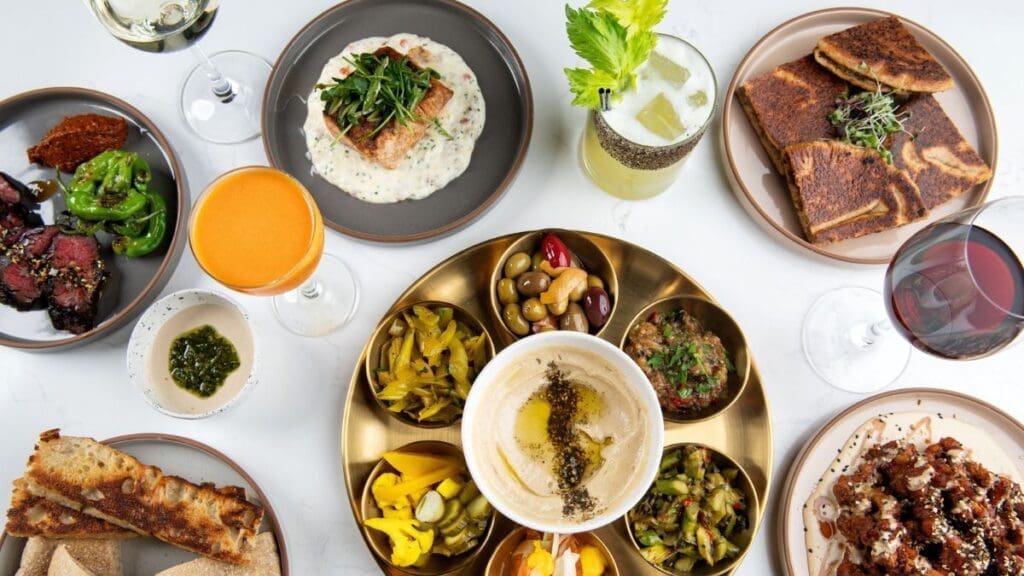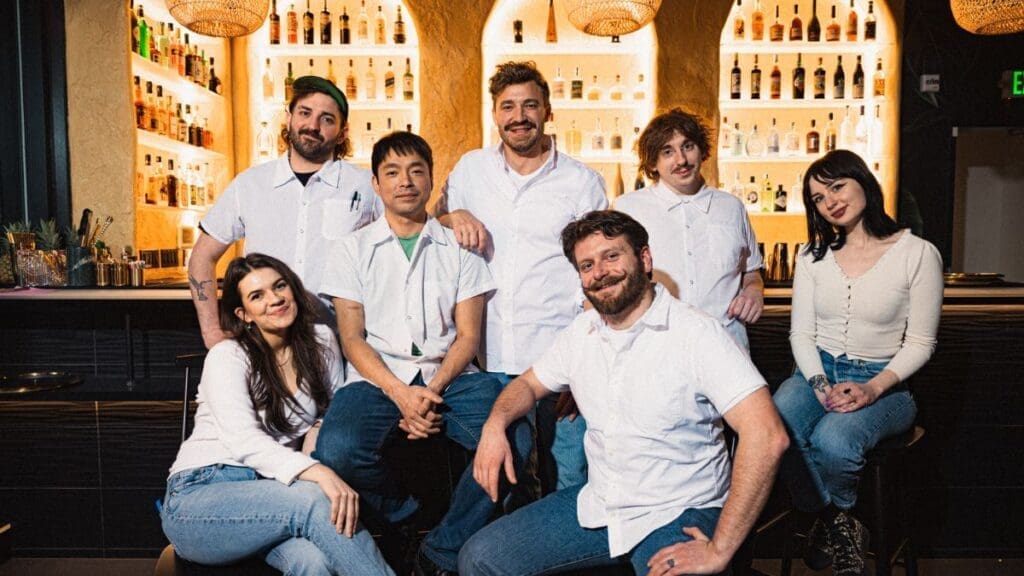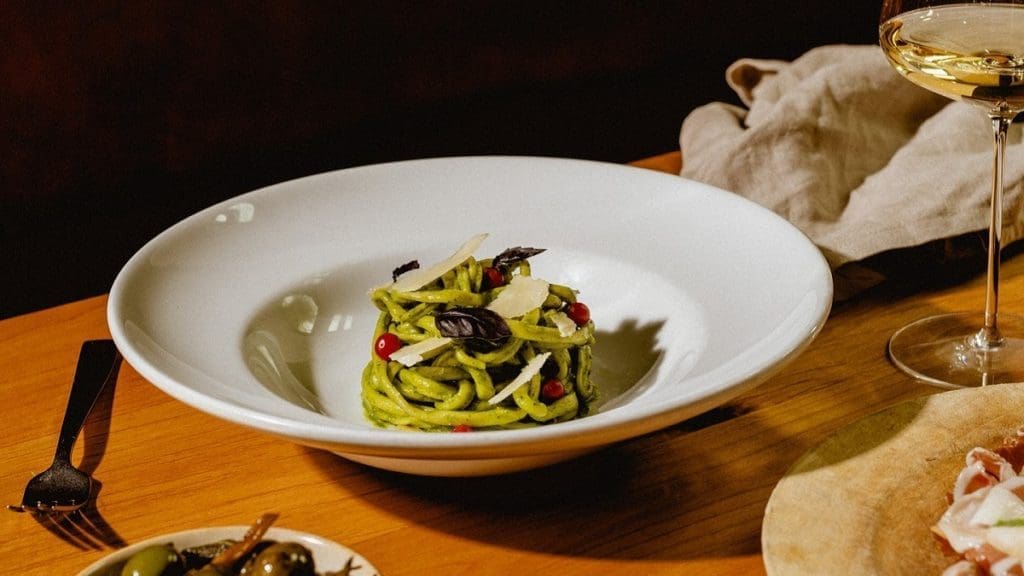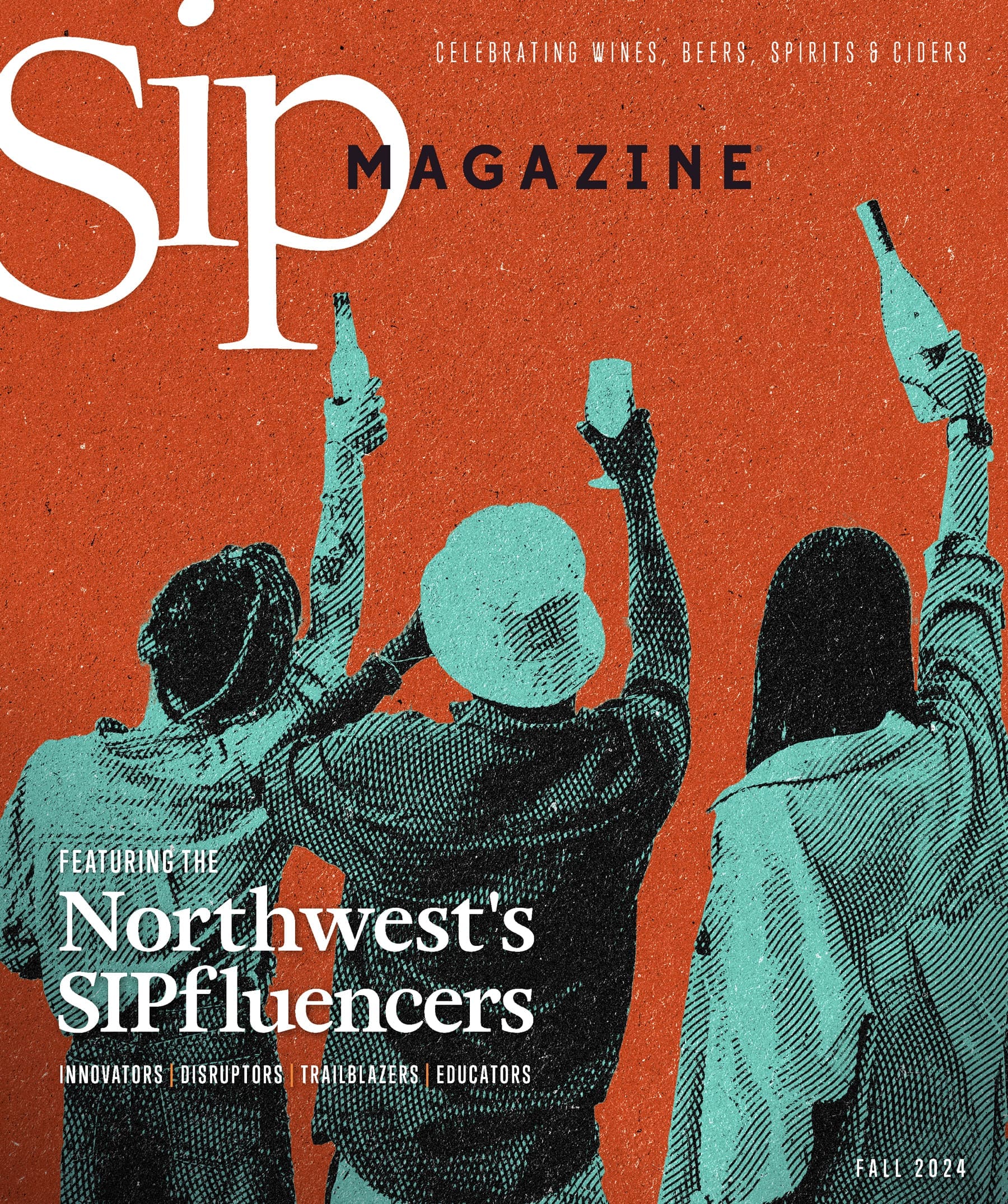Betsy Peabody is insatiable when it comes to shellfish. Sure, she enjoys turning the top off to slurp down local mollusk and plunging her arm shoulder-deep into the sand to cup the base of a geoduck’s shell, but Peabody’s appetite for shellfish goes beyond its briny flavors and coastal climates—she has a hankering to change the motion of the ocean.
Founder and executive director of the Puget Sound Restoration Fund, Peabody’s distinguished resume catalogs time at Puget Sound Water Quality Authority, the Seattle Aquarium and numerous local nonprofits. She currently sits as the president of the Pacific Shellfish Institute, a research organization focused on development and dissemination of scientific and technical details to foster sustainable shellfish resources and, ultimately, a healthier marine environment.
To say Peabody is involved in the marine affairs of the Pacific Northwest is like saying Bill Gates was simply a Microsoft employee. Peabody also can recite Lewis Carroll’s “The Walrus and the Carpenter” poem by heart, top to bottom, and did so on a bus of spirited shellfish enthusiasts on Wednesday night en route to a Taylor Shellfish beach-side farm in the Totten Inlet, outside of Shelton, Wash.
A collaboration with the Puget Sound Restoration Fund and Shelton-based Taylor Shellfish Farms, “The Walrus and Carpenter Picnics” (not to be confused with the popular Seattle restaurant of the same name) have been hosted by Seattle shellfish scholar and oyster-wine champion Jon Rowley for nearly a decade. Peabody joined Rowley and the Taylor Shellfish team to bring a bus of hungry oyster fans, including this shellfish junkie, out to the beach for a rare mollusk adventure—on an exceptionally low tide on an exceptionally beautiful (and warm) February night.
Proceeds from the evening’s tickets benefited the Puget Sound Restoration Fund so guests could shuck assured. Proceeds went to help the fund with their ongoing project to rebuild Olympia’s oyster habitat, recover the Pinto abalone (a large sea snail) populations, restore kelp beds, enhance community shellfish farming and battle ocean acidification (the constant decrease of pH in the ocean).
The bus ride was a legitimate biology lesson (in which all of the above of discussed in detail) that left attendees worried about the state of our seafaring delicacies and enticed to make a difference. “The reason we are doing what we are doing is because oyster beds are the same thing that coral reefs are in tropical waters,” Peabody said. “Oysters provide that (healthy ecosystem) in temperate water.”
Big words result in healthier mollusks (and then some) and, on this night, an audience hungry for change and beach-side oysters unsurpassed in freshness. Paired with award-winning wines. Under lantern-lit wooden tripods. Sandwiched between the lapping outgoing tide, tables of oysters and a roaring fire. It was a serving of farm-to-table Northwest heaven, with a side of education.
“(The Picnic) is the gold standard oyster experience by which all other oyster experiences should be compared,” said Jeff Pearson, fifth generation family member-employee and CFO at Taylor Shellfish. Taylor Shellfish is now a mulch-generational family-owned shellfish farming company that produces Manila clams, Mediterranean mussels and geoduck, along with (and possibly most importantly) four species of oysters. We sampled the dainty sweet, popcorn-like Olympias, savored the deep and opulent Kumamotos, swallowed the briny and traditional Pacifics and stomached the surprisingly innocuous yet large, steak-like-when-grilled Totten Inlet Virginicas. The latter we picked up on the beach as the tide moved and snapped open—putting a new definition behind (oyster) farm to table.
Jon Rowley explained “merroir”—the maritime version of terroir—stating that, like grape varieties for wine, oysters are a product of their environment. “Oysters are a blank slate,” Rowley said. “They take on the character of the waters they live in.”
The picnic wasn’t merely an oyster inhalation orgy on a starlit shorefront with tables of freshly shucked oysters and Pacific Coast Oyster Wine Competition winning wines, including Cedargreen Cellars 2012 Sauvignon Blanc, Geyser Peak 2012 Sauvignon Blanc and Chateau Ste. Michelle 2012 Sauvignon Blanc. It was a Kool-Aid drinking, Biology 101, shellfish lovefest that will have multiple repeat offenders back for next year’s picnics.
When asked what was his favorite oyster, Rowley declared it was the oyster in front of him. When asked what is the best type of wine to pair with oysters, Rowley’s head cocked and a twinkle might have glimmered in the oyster-pairing veteran’s eye. “With the right wine, it dignifies the oyster.”
“O Oysters, come and walk with us!”
The Walrus did beseech.
“A pleasant walk, a pleasant talk,
Along the briny beach:
We cannot do with more than four,
To give a hand to each.”
– Lewis Carroll, “The Walrus and Carpenter”






